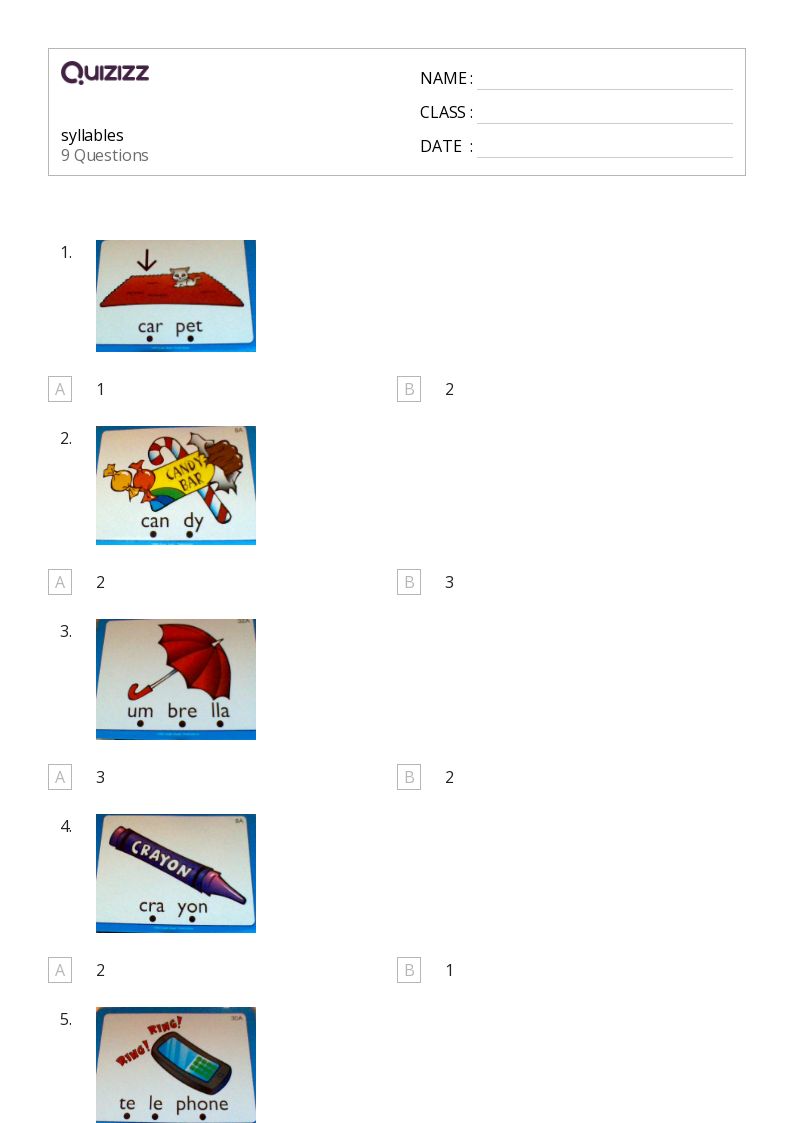Mastering The Art Of Suprano Syllables: An In-Depth Guide
Suprano syllables have long been associated with the rich traditions of vocal music, often serving as the foundation for intricate melodies and breathtaking performances. These syllables, used predominantly in soprano singing, are not only tools for vocal training but also essential elements in creating emotive and dynamic musical compositions. Whether you’re a budding vocalist, a seasoned performer, or simply an admirer of the art, understanding suprano syllables can unlock a whole new dimension of musical appreciation.
But wait—what exactly are suprano syllables? They are the building blocks of vocalization in the soprano range, which is the highest vocal range in classical music. These syllables are meticulously crafted to enhance vocal clarity, precision, and resonance. More than just a technical aspect, they serve as a bridge between the singer’s emotions and the audience, making every note resonate with depth and meaning. From classical opera to contemporary music, suprano syllables remain a cornerstone of vocal excellence.
In this comprehensive guide, we will delve into the world of suprano syllables, exploring their origins, techniques, and significance. We’ll walk you through practical exercises, tips for perfecting your syllable diction, and the science behind their impact on vocal performance. By the end, you’ll have a thorough understanding of what makes suprano syllables such a vital aspect of the musical arts. So, whether you’re here to refine your craft or simply satisfy your curiosity, let’s dive in!
Read also:Smart Solutions With Crowd Bank A Modern Approach To Financial Growth
Table of Contents
- Biography of Suprano Syllables
- Origins and History
- The Role of Suprano Syllables in Classical Music
- Science Behind Suprano Syllables
- Techniques for Perfecting Suprano Syllables
- Common Mistakes and How to Avoid Them
- Practical Exercises for Vocalists
- Impact of Suprano Syllables in Modern Music
- Cultural Significance of Suprano Syllables
- Famous Singers and Their Use of Suprano Syllables
- How to Train Your Voice for Suprano Syllables
- Suprano Syllables in Education and Pedagogy
- Frequently Asked Questions
- Conclusion
Biography of Suprano Syllables
To truly grasp the concept of suprano syllables, it’s essential to understand their background and the role they play in vocal music. Although not a person or entity, suprano syllables have a rich history and have been shaped by centuries of musical evolution. Below is a snapshot of their "biographical" journey:
| Feature | Details |
|---|---|
| Origin | Classical music traditions of Europe |
| Main Use | Vocal exercises and musical compositions |
| Key Characteristics | Clarity, precision, and emotive resonance |
| Prominent Genres | Opera, symphony, choral music |
| Modern Adaptations | Contemporary music and vocal training |
This "biographical" overview sets the stage for a deeper exploration of what makes suprano syllables so unique and indispensable in the world of music.
Origins and History
The roots of suprano syllables can be traced back to the early days of Western classical music, where precision in vocal delivery was paramount. Historical records suggest that the use of structured syllables in singing emerged during the Renaissance and Baroque periods. Composers like Johann Sebastian Bach and George Frideric Handel emphasized the importance of clear enunciation, paving the way for the development of soprano singing techniques.
In this section, we’ll explore how these syllables evolved over time, influenced by cultural shifts and advancements in musical theory. The integration of suprano syllables into vocal training programs and their adoption by renowned singers of the time played a significant role in shaping their prominence in classical music.
Article Recommendations

